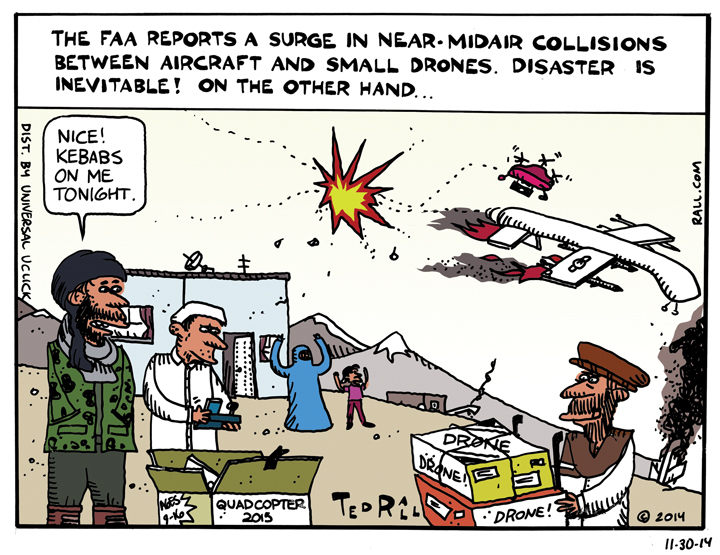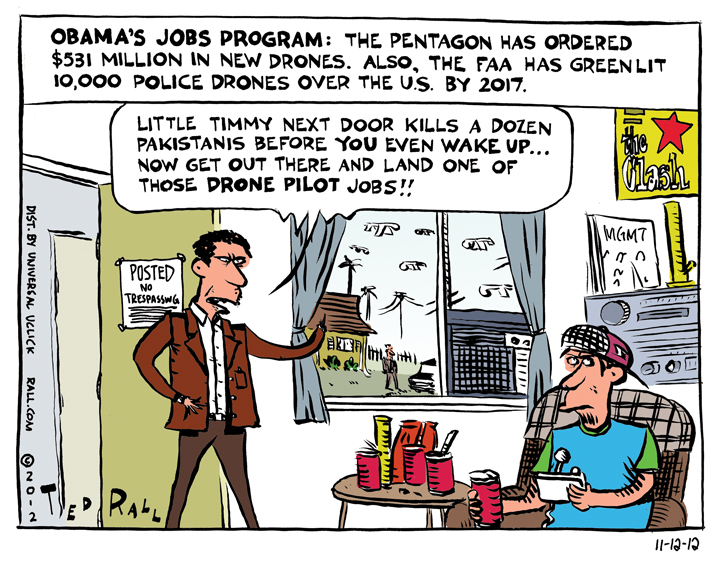On the TMI Show, co-hosts Ted Rall and Manila Chan dive into one of the most vexing problems in the Western Hemisphere: a failed state in the Caribbean less than 600 miles away from the United States. Exploited and ravaged by French and American colonialism and decades of brutal dictators, Haiti has been destroyed by earthquakes and hurricanes and is now in the hands of brutal gangs.
Recent headlines paint a gruesome picture. Haitian police attacked a Doctors Without Borders ambulance and murdered patients it was transporting. The capital of Port-au-Prince is completely controlled by violent gangs. Starvation is everywhere. The FAA has banned American flights to the country after a Spirit Airlines jet was struck by small arms fire.
At least 5000 people have been killed in the last year. As the country’s security crisis continues, 5.4 million Haitians struggle daily to find enough to eat and gang activity has displaced over 700,000 people.
On the human development front, Haiti has tens of thousands of confirmed cases of cholera. Over one-fifth of children are at risk of cognitive and physical limitations, and only 78 percent of 15-year-olds will survive to age 60.
The effects of this misery, of course, come to America in the form of Haitian migrants and illegal immigrants. What needs to be done to restore calm, law and order and maybe even prosperity to this benighted nation? Who is up to the job? Or should Haiti be left alone for the Haitian people to work things out?
Joining Ted and Manila is independent journalist and filmmaker Dan Cohen, the founder of Uncaptured Media. His latest documentary is “Haiti: Intervention Versus Revolution.”
Keywords: Haiti, failed state, intervention, revolution, gangs, colonialism, France, French, Caribbean, violence, anarchy, disease, cholera, Spirit Airlines, FAA




